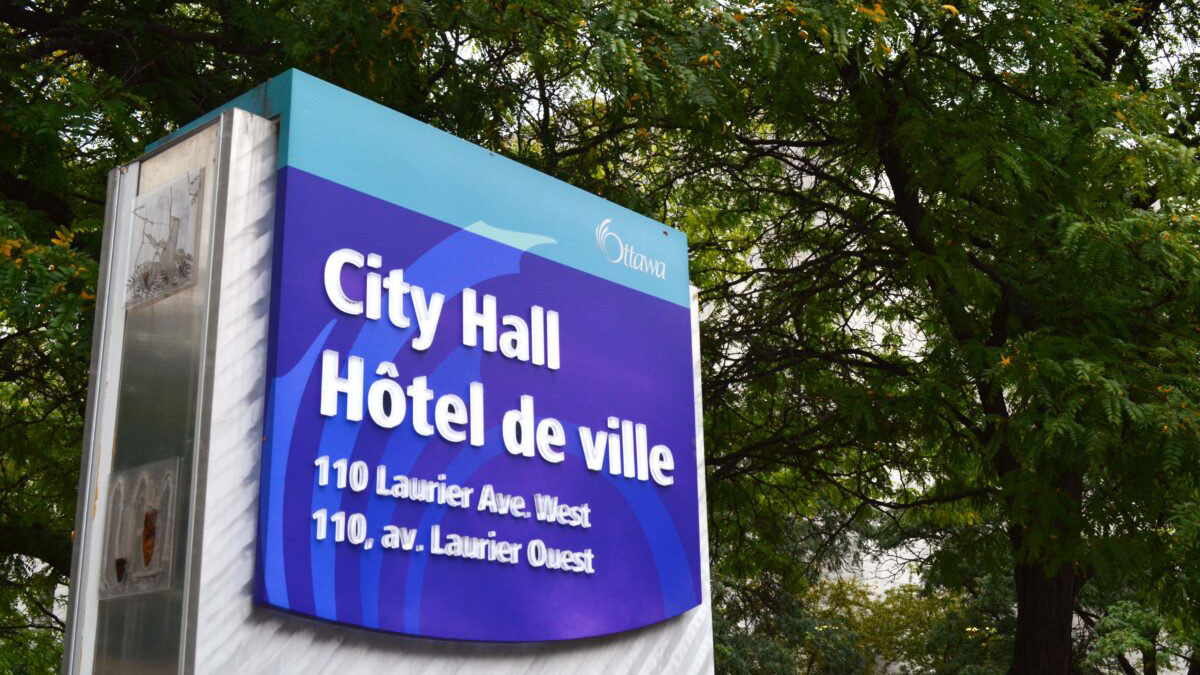A Battery Energy Storage System (BESS) facility in rural Ottawa has been given a green light from city council.
If built, the facility will be in Rideau-Jock Ward next to Highway 416 at 4186 William McEwen Road and will take up eight acres of a 53-acre property. It would add up to 150 megawatts of energy capacity and 600 megawatt hours of energy storage to Ottawa’s power grid.
Ottawa’s Agriculture and Rural Affairs Committee had recommended that the plan proposed by Gatineau-based Evolugen get the go-ahead on Nov. 30. The company has said it would submit a formal application if council backed it. Three other proposed facilities in West Carleton-March Ward were turned down.
BESS facilities use lithium-ion batteries — similar to those found in cellphones and electric cars — to store electricity from the power grid and from renewable sources, which is later released during peak usage hours. The batteries are held in shipping containers, placed on concrete pads and connected to the grid.
These BESS facilities are intended to boost the use of renewable energy in the power grid, lessening the energy sector’s impact on climate change, improve grid dependability and help Ottawa reduce its greenhouse gas emissions, a staff report says.
The Independent Electricity Systems Operator (IESO), which manages energy needs in Ontario, says storing renewables so they can be used at off-peak hours could help solve the looming supply crunch.
Some residents who attended the agriculture committee meeting were concerned about location and potential risks posed by a BESS facility such as fires, impacts on wildlife and wetlands, light pollution and noise. The ability of firefighters to access the BESS facilities was also contentious.
West Carleton-March Coun. Clarke Kelly said his constituents had already raised these concerns, but they weren’t satisfied with the responses by leaders for the projects in the ward, which is why he said he could not support the three proposed facilities in his ward.
Rideau-Jock Coun. David Brown, however, said the reason he supports the BESS in his ward is because it would be far from homes in an industrialized area, which would not pose a great risk to community members. He also noted the attendance of the company behind the proposal at a community meeting as being important.
Raymond Leury, the president of the Electric Vehicle Council of Ottawa (EVCO), said BESS facilities, which use the same type of batteries as electric vehicles, are relatively safe. And Evolugen said the fire risk in BESS facilities is low because they are equipped with systems that regulate temperature and they will be remotely monitored at all times.
Some residents supported all four BESS projects and their locations, saying they will reduce Ottawa’s reliance on polluting energy sources, meet its rising demand for electricity and make power more affordable for Ottawans while bringing employment opportunities. And others said these BESS facilities were vital if Ottawa wants to achieve its climate action goals.
Support by the city does not guarantee final approval, but it will give the Evolugen project a better chance to get the green light from the IESO. The project would also still need to get permits and follow all laws and regulations before it’s built, as stated in the staff report.





Would be good if you could cover these storage containers with solar panels so that it could shield the containers from elements provide shade and add energy to the batteries.